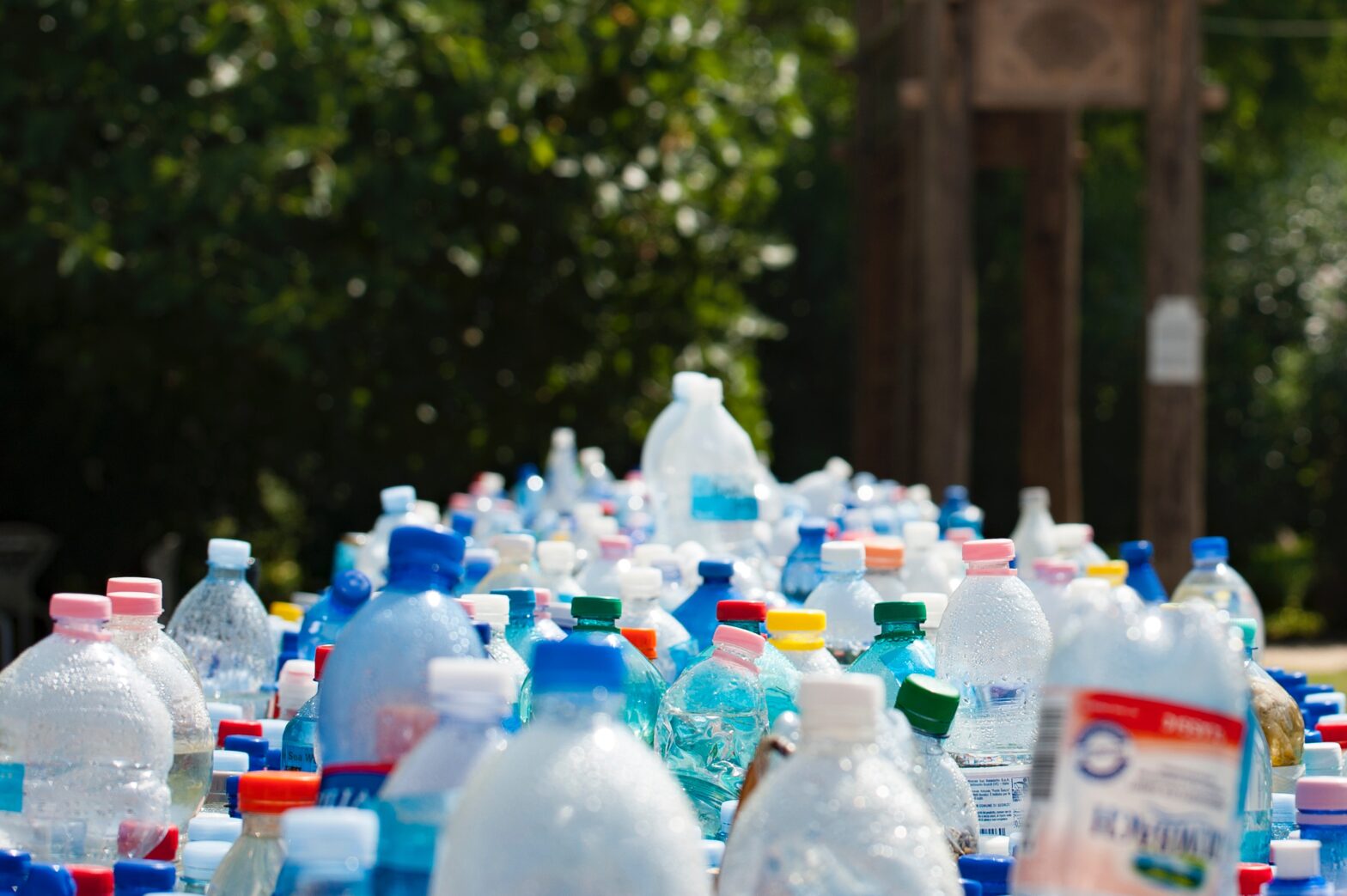As global emissions continue to soar, researchers from Kyushu University and startup Sotas shed light on a promising avenue for carbon reduction—recycled plastics.
Global carbon emissions, mainly stemming from power, industry, transport, and buildings, continue to rise. To combat this trend, the adoption of renewable energy is pivotal. In Japan, the third-largest carbon emitter in Asia, the government aims to achieve carbon neutrality by 2050, employing policy tools such as feed-in tariffs, carbon credits, and the promotion of hydrogen and electric vehicles. Surprisingly, the plastics sector, despite being a significant contributor to carbon emissions, often remains overlooked, with Japan generating substantial plastic packaging waste per capita.
A recent joint study between Kyushu University and Yokohama-based startup Sotas Co., Ltd, examined the potential for Japan’s market to embrace a greener plastic supply chain. The researchers adopted a comprehensive approach, including literature reviews, lifecycle analyses, and multicriteria assessments, factoring in cost, carbon reduction potential, quality, and recyclability. The primary aim was to evaluate the performance of virgin, recycled, and bioplastics across diverse scenarios.
The study, published in Sustainability, revealed that recycled plastics show promising potential for cost-effective carbon reduction, though concerns about perceived quality persist. Notably, no single plastic type or source can meet all criteria simultaneously. Therefore, addressing the concerns of manufacturers and end-users is crucial in the quest to reduce carbon dioxide emissions through greening the plastic supply chain and transitioning away from petroleum-based plastics.
Furthermore, reallocating subsidies from less effective carbon reduction strategies to support supply-chain greening could yield significant benefits. This shift in focus may also foster the development of a quality control system to address concerns raised by both manufacturers and end-users.
The researchers believe Japan has a substantial opportunity to increase the recycling and utilisation of thermally recycled plastics. Achieving this necessitates broader acceptance of recycled plastics by manufacturers and consumers or a willingness to invest in bio-alternatives.


